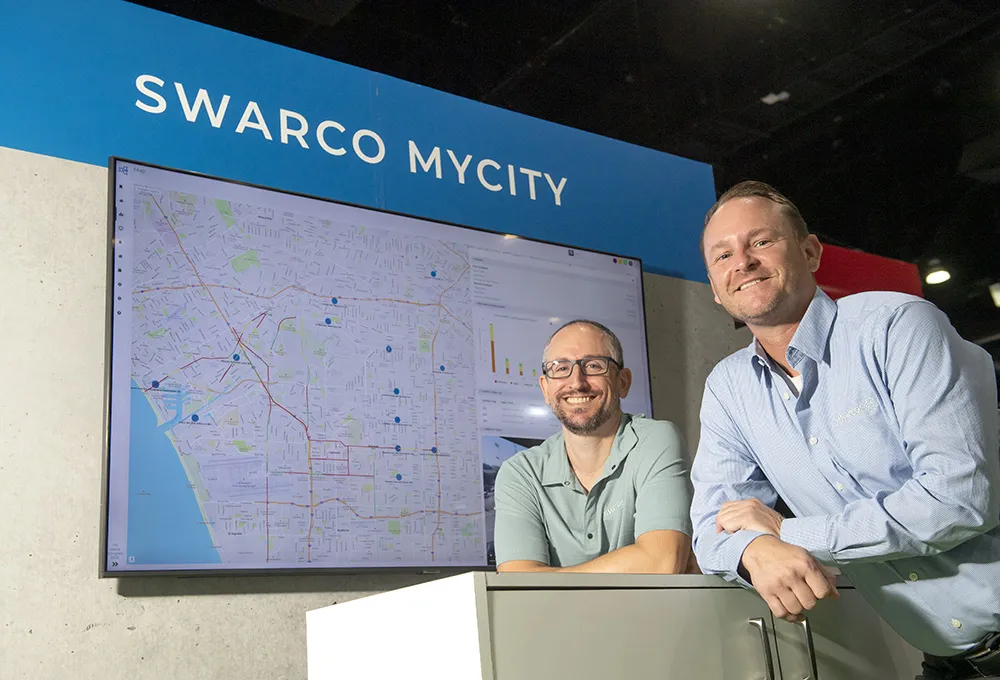Through working with HMI, Transmax intends to ensure that its traffic management platform, Streams, remains adaptable to emerging ITS technology and CAVs.
Streams is designed with the intention of providing safety and efficiency for state transport agencies across Australia. It recognises that transport agencies are considering CAVs and how they will become part of the ecosystem. Currently, the system allows road operators to convey congestion and safety messages and alerts to drivers through variable messages signs, keeping traffic moving smoothly, passengers informed, and freight safe. When CAVs join the fleet, the understanding and processes that humans provide will be removed from the equation.
Mark Williamson, managing director of Transmax, said: “The MoU [Memorandum of understanding] will result in a closer degree of collaboration to enable innovation between each organisation’s product and services offerings. The goal being to realise additional benefits in enhanced operational efficiencies, new functionality, and improved customer journey outcomes”.
Dean Zabrieszach, chief executive officer of HMI explained that that its R&D team are also developing its own vehicles, and that proving the capability to integrate with existing transport framework is key. “We identified that the transformative technologies of ITS infrastructure and CAVs were converging and that the two need to work in harmony to deliver on their full potential of safety and efficiency to urban environments.”
“We know that vehicles can communicate with our hardware, so being able to demonstrate the huge value of that to our clients, the transport agencies, is really exciting. We are well progressed on plans on developing our next generation signs which will be the enabler in this exciting development,” Zabrieszach added.
HMI and Transmax examine advances in traffic management, ITS and AVs
HMI Technologies (HMI) has partnered with Transmax to examine advances in traffic management, intelligent transport systems (ITS) and autonomous vehicles (AVs). Delivering safety and efficiencies potential of connected autonomous vehicles (CAVs) by connecting them with traffic management systems through ITS infrastructure such as beacons and radar will be a key focus of the agreement.
November 14, 2017
Read time: 2 mins







